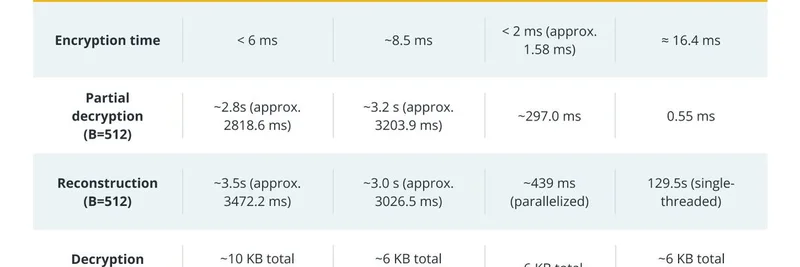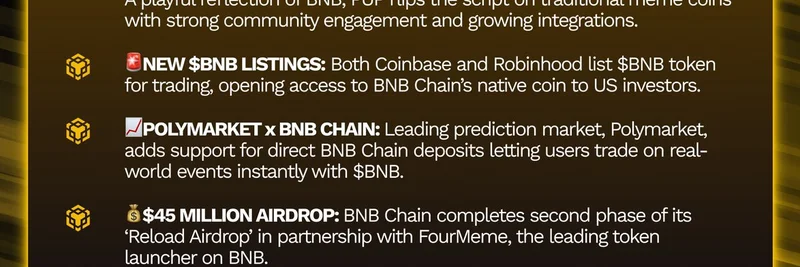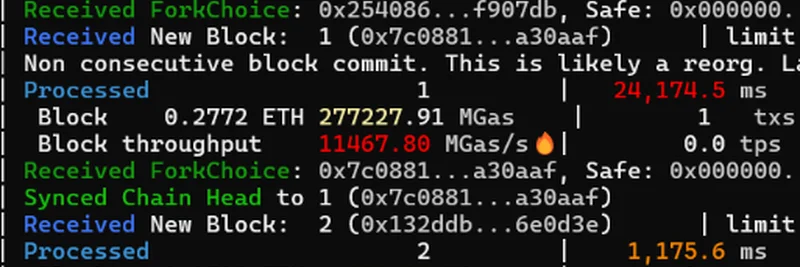Pi Network, the blockchain project that's amassed over 50 million verified users through its mobile mining app, just dropped some major updates that could shake up the DeFi space. Announced by founder Dr. Chengdiao Fan at the TOKEN2049 conference in Singapore on October 2, 2025, these new features are now live on the Pi Testnet, giving developers and users a sandbox to play in before they hit the Mainnet.
Let's break it down simply. First up is Pi DEX, a decentralized exchange built right into the Pi blockchain protocol. This means users can swap tokens seamlessly—think exchanging one crypto for another without needing a middleman. It's similar to popular DEXes like Uniswap, but tailored for Pi's ecosystem. Right now, it's all about testing with Test-Pi, which is basically play money with no real value, so no worries about losing actual funds.
Then there's the Automated Market Maker (AMM) liquidity pools. AMM is a fancy term for a system that automates trading by letting people pool their tokens together. You add liquidity (like depositing tokens into a shared pot), and in return, you earn fees from trades that happen in that pool. It's a core part of DeFi that makes trading efficient and decentralized. On Pi's Testnet, you can experiment with adding or removing liquidity, getting a feel for how these mechanics work in a risk-free environment.
The token creation tools are another highlight. Developers can now mint new tokens on the Testnet for free, perfect for testing ideas. But here's where Pi stands out from the meme coin crowd: when these features go to Mainnet, token creation won't be a free-for-all. Pi is enforcing rules to ensure tokens have real utility—like powering apps or services—rather than just being speculative hype machines. As Dr. Fan put it, the goal is to tie tokenomics to tangible use cases that boost network decentralization.
This move comes hot on the heels of Pi's .pi domains auction, which wrapped up on September 30, 2025, and raised funds to fuel these developments. Everything integrates with Pi's existing setup, including the Pi Wallet for managing assets and KYC verification to keep things fair and secure.
For meme token enthusiasts, this is interesting because Pi is drawing a clear line in the sand against pure speculation. While meme coins thrive on community vibes and viral moments, Pi is pushing for sustainable, utility-driven projects. It's a reminder that not all tokens are created equal—some are built to last.
If you're a blockchain practitioner, dive into the Testnet via the Pi Wallet. Documentation is coming soon, so keep an eye out. This could be a game-changer for building real-world apps on Pi, from in-app economies to cross-app interactions.
Stay tuned to Meme Insider for more updates on how these DeFi tools might influence the broader crypto landscape, including potential crossovers with meme token trends.
For the full scoop, check out the original announcement on BSC News.




